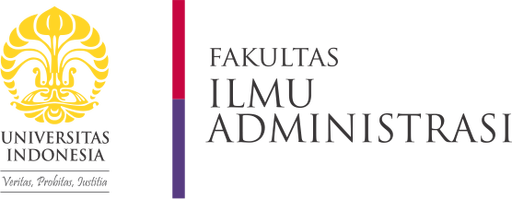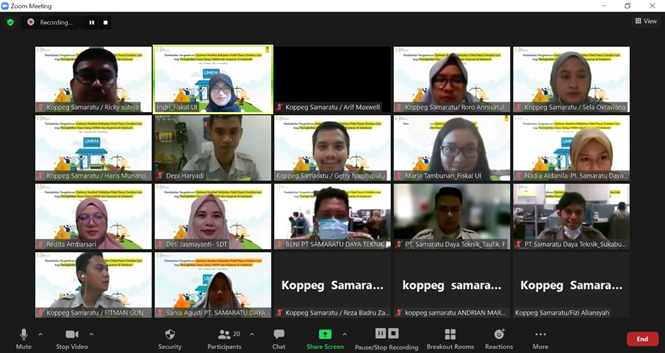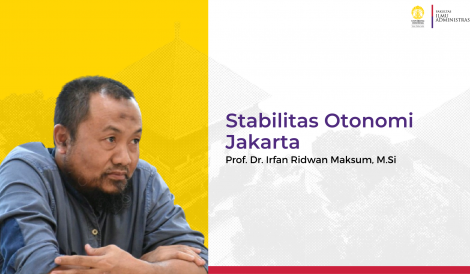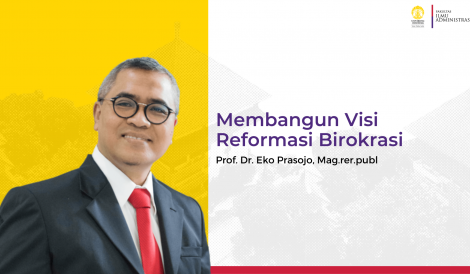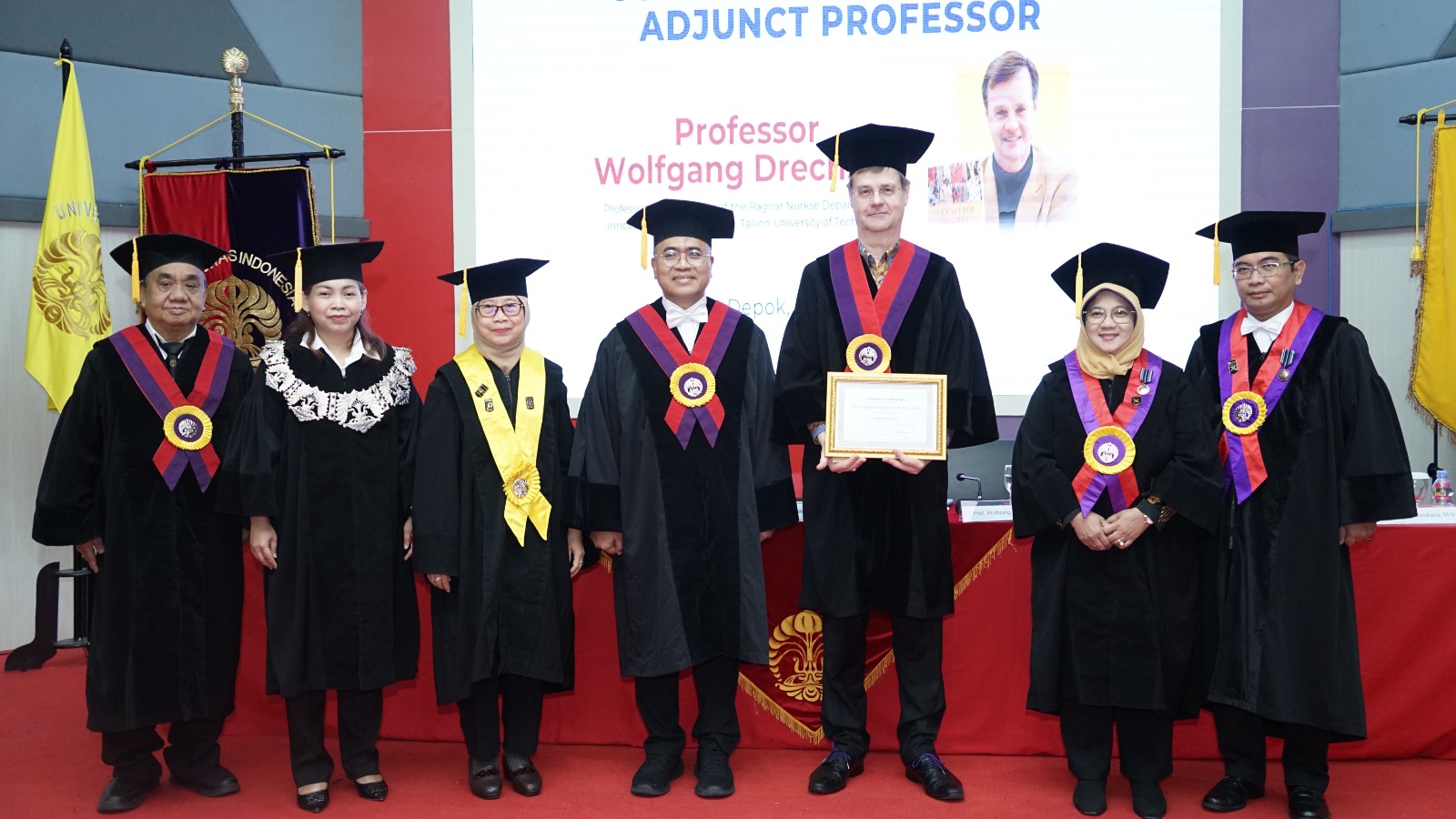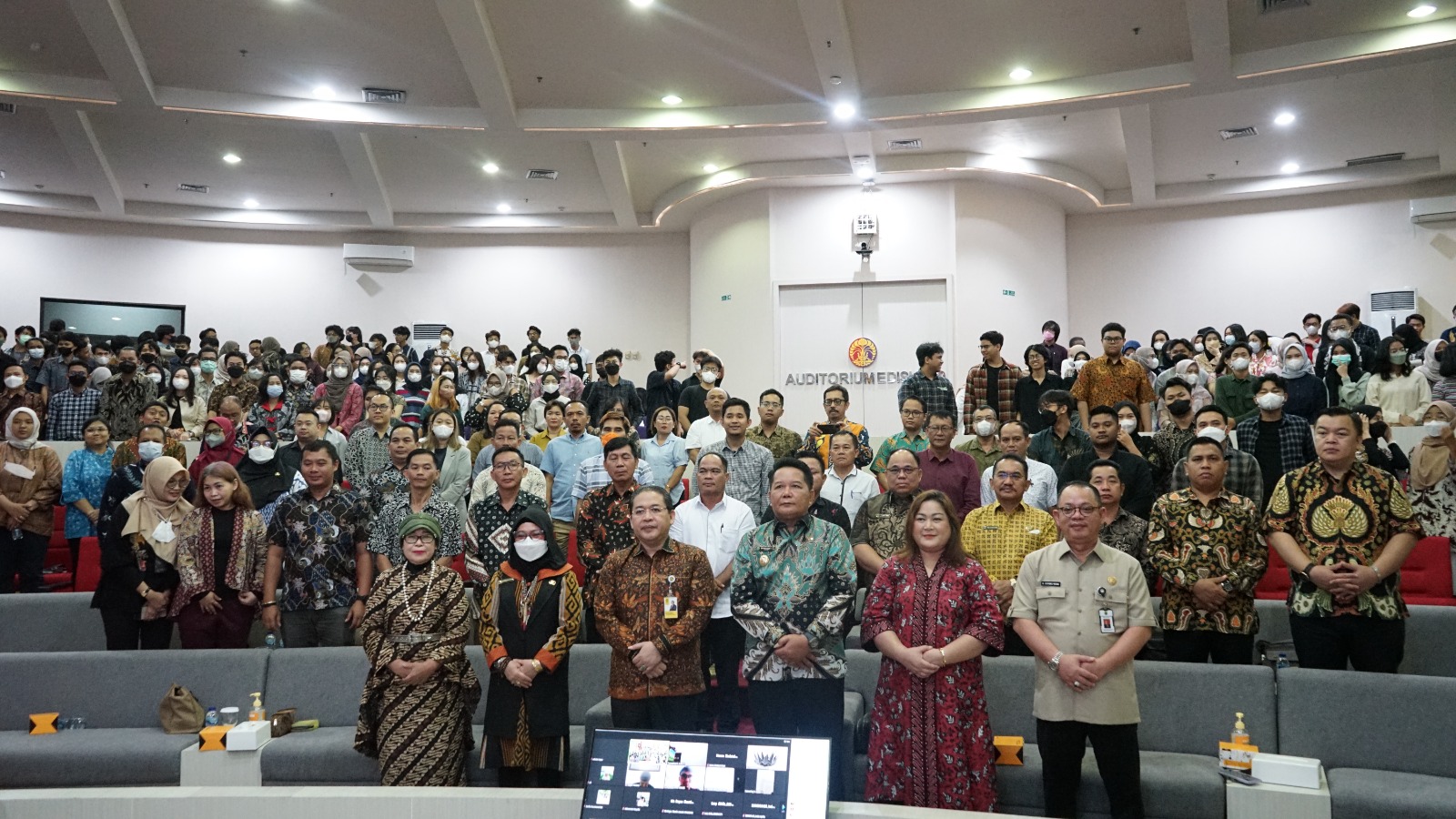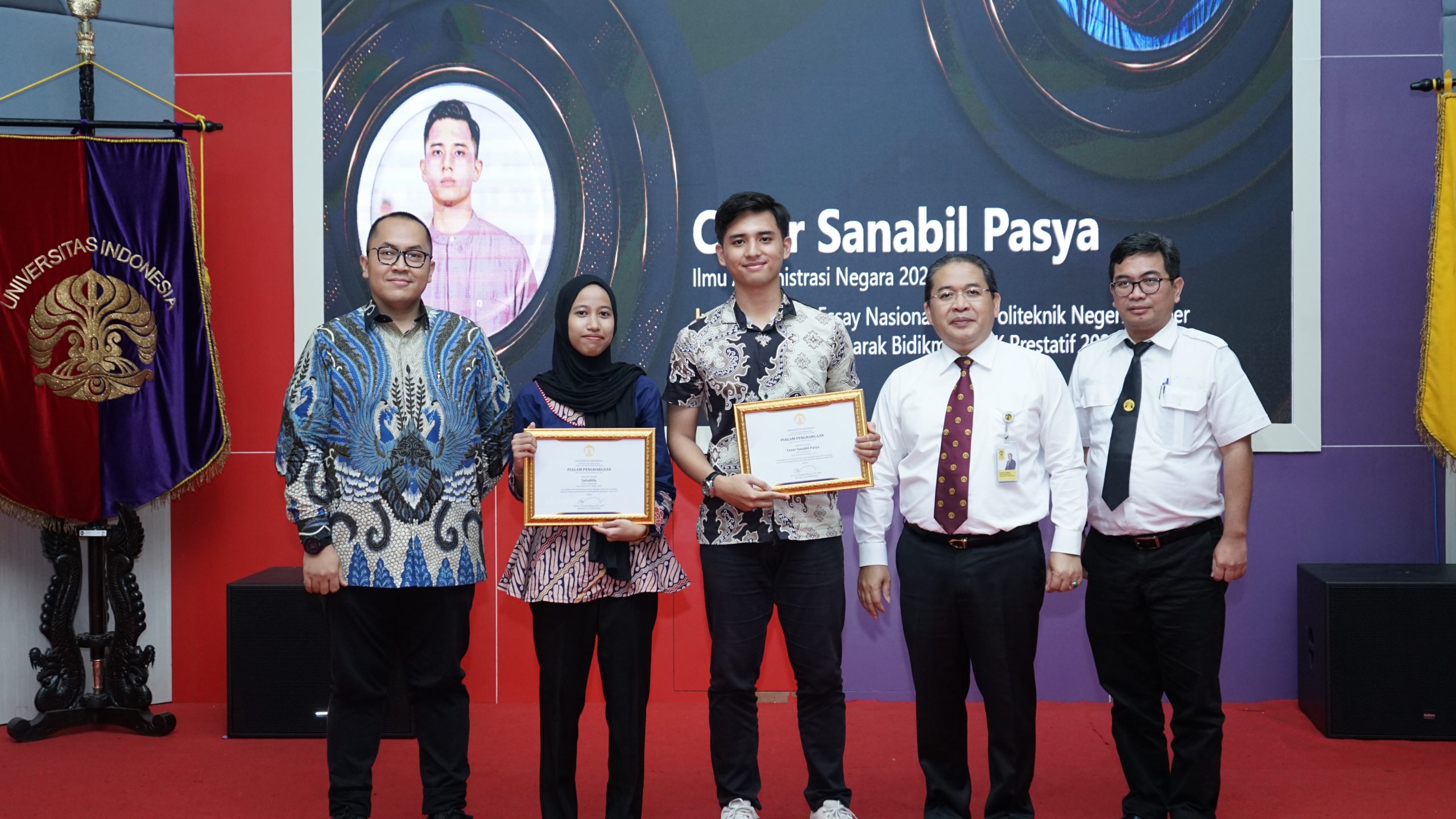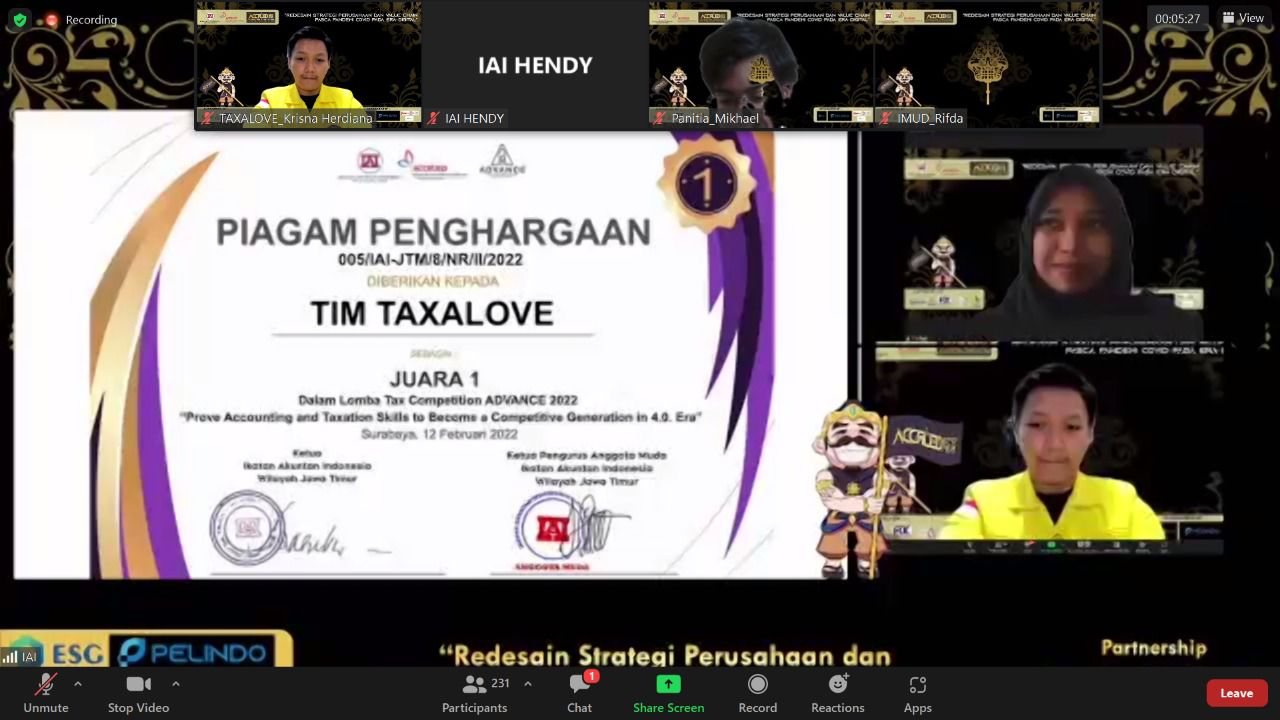The Community Service Team of the UI Fiscal Administration Department provided knowledge on optimizing the benefits of Fiscal policy after the Job Creation Law and Harmonization of Tax Regulations for Improving the Competitiveness of MSMEs and Cooperatives in Sukabumi, Wednesday (8/12).
The team consisting of Dr. Maria R.U.D. Tambunan, S.I.A., M.E. and Indriani, S.E., M.A., assisted by the technical team Annisa Parastry, S.I.P carried out community service activities in order to provide knowledge related to taxation for cooperatives related to tax facilities that can be utilized by cooperatives and SMEs.
The promulgation of Law no. 11 of 2020 concerning Job Creation is one of the efforts to improve the ease of doing business. In order to optimize the benefits of the issuance of the Law, it is necessary to re-investigate the facilities and benefits offered by the Law for micro, small and medium enterprises as well as cooperatives.
According to Arifianti (2020), there are at least three factors that influence the underdevelopment of MSMEs in Indonesia. First, internal weaknesses related to management capacity. Second, the lack of infrastructure that bridges MSMEs with sources of capital, training, technology and management and third, exploratory relationship patterns in the upstream-downstream chain of MSMEs.
Various facilities provided by the Job Creation Act, apart from specifically providing convenience for MSMEs as regulated in Government Regulation no. 7 of 2021 (PP No. 7/2021) concerning the Ease, Protection and Empowerment of Cooperatives and MSMEs, there are various fiscal facilities that can also be used by cooperative business actors and MSMEs.
The Job Creation Law provides various changes related to tax obligations which are expected to reduce the tax burden borne by business actors. In general, the tax liability by business actors, especially those in the form of cooperatives and MSMEs, will be part of the cost component.
The cooperative, represented by Gerry Methew Napitupulu, expressed his appreciation for holding the event. “We hope that such events can be held more massively and routinely so that they can increase public knowledge regarding the fulfillment of tax obligations,” he said.
The Community Service Team of the UI Fiscal Administration Department explained the main points of changes to the tax law before and after the issuance of the Job Creation Law and the Harmonization of Tax Regulations and their implications for tax obligations and facilities that can be optimized which are later expected to increase the productivity and competitiveness of cooperatives.
